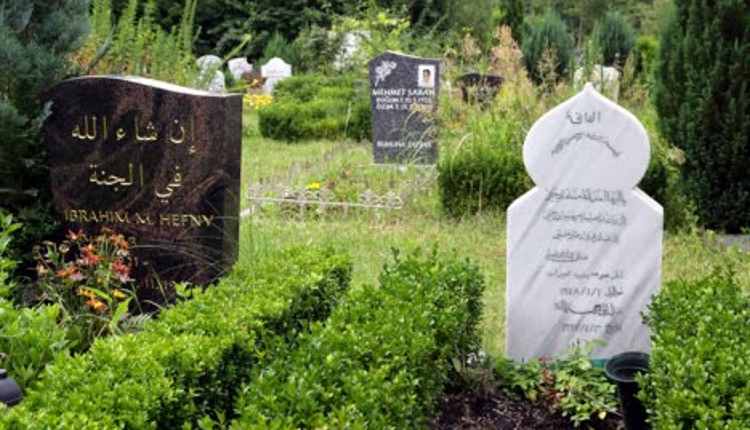Saying Fatihah at the graves for departed souls
We are accustomed to saying Fatihah when visiting the graves of our loved ones. Is that a wrong practice?
Answer
Fatihah for the departed souls has no origins in the Sunnah of the prophet, alaihissalaam. The prophet never recited surah Fatiha nor surah Ikhlaas to be sent for the sawaab of the deceased. Unfortunately, many people have no interest in these Sunnah of the prophet which are the real sunnah. They are more keen to follow those ways which the prophet, alaihissalaam, never required Muslims to adopt.
I was in Karachi day before yesterday where, in a conference, I met Mawlana Taqi Usmani, the famous Hanafi/Deobandi scholar. I asked him whether it was correct to do dua after the fard prayer the way people do these days. He said that although the prophet, alaihissalaam, never offered dua the way it is done these days- in that the imam prays and the followers make it a point that they are going to follow him as long he continues with it. However, he said that there was no harm doing something which the prophet didn’t do unless there was a fear that the people would start considering it as binding. I asked him whether that really was the case today, and he responded that that’s how it was. He also confirmed this as the reason why he doesn’t offer du’a with hands raised, after fard prayer, as an imam.
However, this aspect of the Sunnah is continuously flouted by the Muslims of our region because for them, the most important argument is neither Quran nor Sunnah but the practice of the pious elders in religion (Buzurgaane Din).

